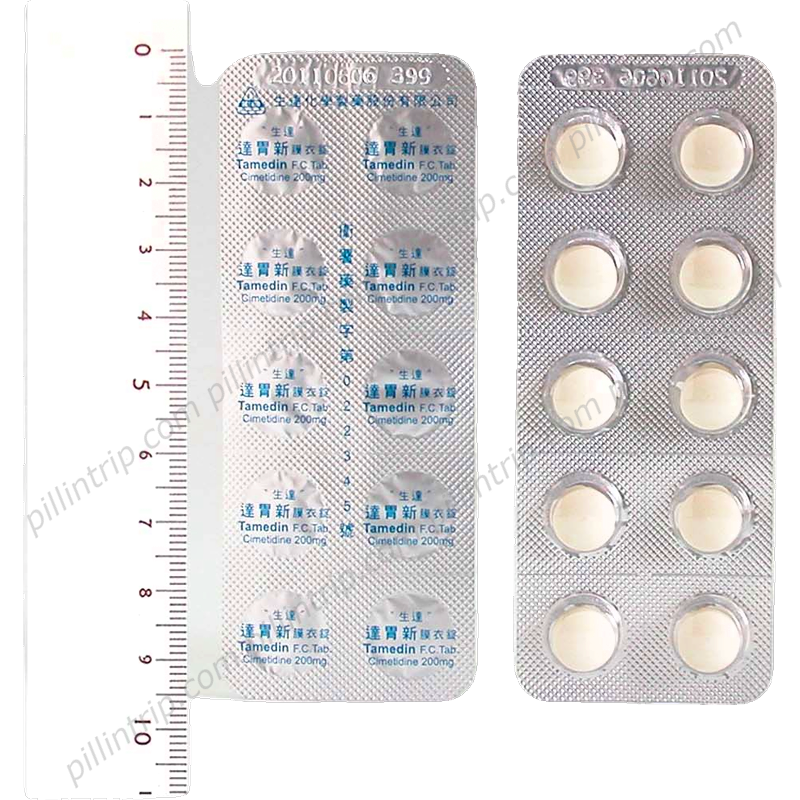Tamedin
Enlaces rápidos a secciones importantes
Tamedin

Medically reviewed
Last updated on 12/22/2025
Esta página proporciona información general de carácter referencial recopilada de fuentes médicas oficiales. No sustituye el consejo médico profesional, el diagnóstico ni el tratamiento. Para tomar decisiones sobre su salud, consulte a un profesional sanitario cualificado.
Descripción general de Tamedin
¿Qué efectos secundarios son posibles con Tamedin?
Sobredosis y actuación en caso de emergencia
Usos terapéuticos de Tamedin
Criterios de uso y restricciones
¿Qué debo saber sobre las interacciones con otros medicamentos?
Mecanismo de acción
Información sobre la dosificación y la administración
Evidencia clínica reciente
Preguntas frecuentes (FAQ)
¿Cómo debe almacenarse y eliminarse Tamedin?
¡Atención! Siempre consulte a un médico o farmacéutico antes de usar píldoras o medicamentos.
Disponible en países:
Equivalente de Tamedin encontrado en:
 Portugal
Portugal Russia
Russia Mexico
Mexico Colombia
Colombia Cyprus
Cyprus India
India Czech Republic
Czech Republic Georgia
Georgia Lebanon
Lebanon Bosnia & Herzegowina
Bosnia & Herzegowina Israel
Israel Canada
Canada Denmark
Denmark USA
USA Argentina
Argentina Belgium
Belgium Norway
Norway Thailand
Thailand Switzerland
Switzerland Indonesia
Indonesia South Korea
South Korea Bulgaria
Bulgaria Turkey
Turkey Malasia
Malasia Finland
Finland Bangladesh
Bangladesh China
China Brasil
Brasil Ukraine
Ukraine Vietnam
Vietnam Spain
Spain Phillipines
Phillipines United Kingdom
United Kingdom Costa Rica
Costa Rica Tunisia
Tunisia Greece
Greece Sweden
Sweden Macedonia
Macedonia Hong Kong
Hong Kong Serbia
Serbia Japan
Japan Kenya
Kenya South Africa
South Africa Oman
Oman Germany
Germany Belize
Belize Poland
Poland Egypt
Egypt Italy
Italy Austria
Austria France
France Venezuela
Venezuela Malta
Malta Ecuador
Ecuador Netherlands
Netherlands Australia
Australia Chile
Chile Lithuania
Lithuania Latvia
Latvia Trinidad & Tobago
Trinidad & Tobago Bahrain
Bahrain Peru
Peru Hungary
Hungary New Zealand
New Zealand Slovakia
Slovakia Myanmar
Myanmar Singapore
Singapore Pakistan
Pakistan Croatia (Hrvatska)
Croatia (Hrvatska) Estonia
Estonia Romania
Romania Slovenia
Slovenia